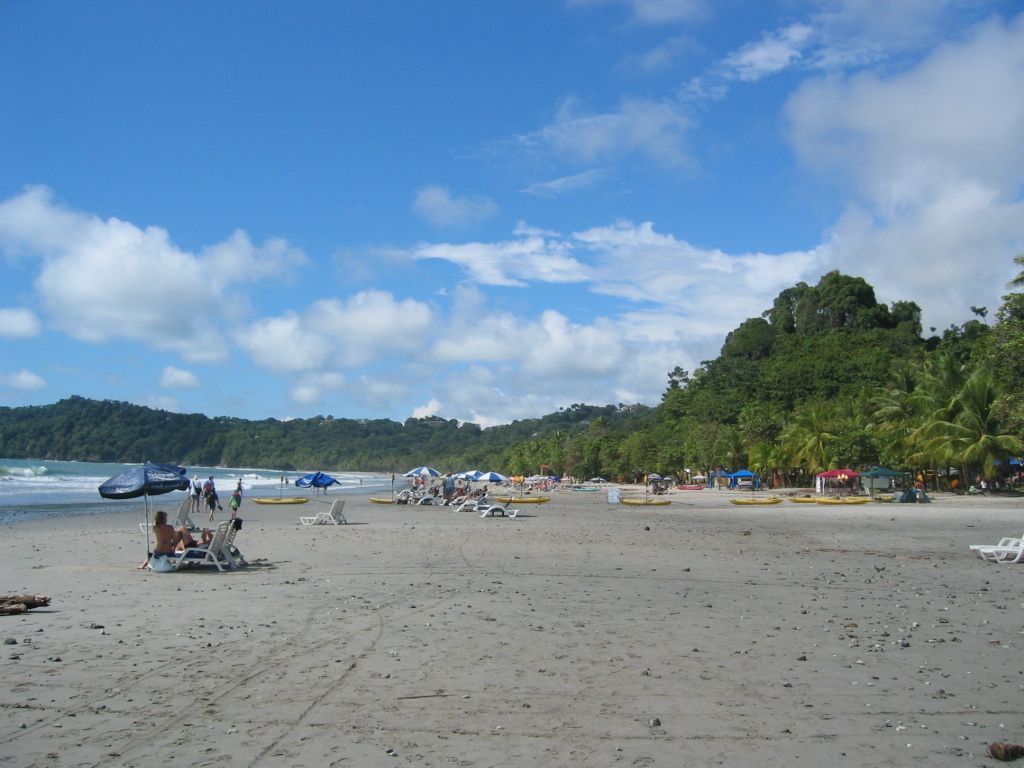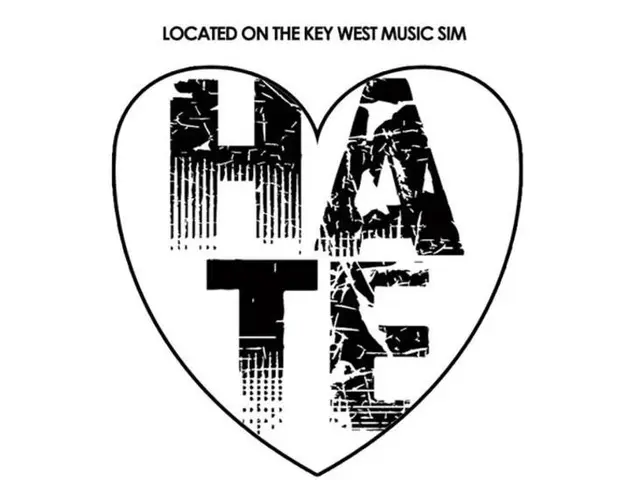Trump imposes travel restriction on 12 countries, inciting widespread protest
In an unflinching step, President Donald Trump signed a travel ban on June 10, 2025, freezing out citizens from 12 countries, chiefly from Africa and the Middle East, as reported by CNN.
The affected nations include:- Afghanistan- Myanmar (Burma)- Chad- Republic of the Congo- Equatorial Guinea- Eritrea- Haiti- Iran- Libya- Somalia- Sudan- Yemen
Additionally, there are restrictions for individuals from Burundi, Cuba, Laos, Sierra Leone, Togo, Turkmenistan, and Venezuela who are currently outside the US and don't hold valid visas. This ban, however, does not revoke existing visas.
To skirt past legal challenges that tripped up previous iterations of this policy, the administration emphasizes improved legal framing by focusing on visa procedures rather than flat-out entry bans. The move is aimed at creating a semblance of legality, although critics argue otherwise.
Rights groups and immigration advocates have been vocal in their criticism. "This policy is not about national security - it's about sowing division and vilifying communities that are seeking safety and opportunity in the United States," said Abby Maxman, president of Oxfam America. The inclusion of Afghanistan in the list has sparked backlash, especially from those involved in Afghan resettlement efforts. This move comes after Trump previously suspended refugee admissions on his first day in office.
The travel ban was defended by Trump under the pretext of security concerns. He claimed that certain countries have poor screening systems or failed to cooperate with US deportation protocols. He also pointed to visa overstay rates from an annual Homeland Security report, though experts have questioned the reliability of these measurements. Interestingly, Trump linked the travel ban to a recent terrorist attack in Boulder, Colorado, despite Egypt, a non-included country, being the alleged perpetrator's origin.
Rights groups and civil organizations plan to challenge the ban's constitutionality and its compatibility with U.S. law and international obligations. The legal challenges to earlier travel bans were extensive, with courts frequently blocking or restricting implementation. As of now, no major court rulings specific to this 2025 proclamation have been reported.
In the face of such a divisive move, it remains to be seen how the courts and public opinion will respond to Trump's latest travel ban. Stay tuned for more updates!
[1] https://www.nytimes.com/2025/06/09/us/politics/trump-travel-ban-proclamation.html[2] https://www.axios.com/trump-travel-ban-2025-explanation-countries-346f3e3a-67c0-4694-9944-f7ccdd28f4ac.html[3] https://www.wsj.com/articles/trump-set-to-sign-a-new-refugee-order-11616479546[4] https://www.hrw.org/news/2025/06/09/us-issues-new-travel-ban
- The new travel ban, signed by President Donald Trump on June 10, 2025, has stirred controversy as it suspends travel from 12 countries, including Afghanistan, on grounds of national security.
- As reported by general news outlets like CNN, the list also includes nations like Myanmar, Chad, and Yemen, but individual visa restrictions are imposed on Burundi, Cuba, Laos, Sierra Leone, Togo, Turkmenistan, and Venezuela.
- Politics and policy-and-legislation surrounding immigration continue to be contentious issues, with rights groups and immigration advocates condemning the travel ban as a divisive move, sowing division among communities seeking safety and opportunity in the United States.
- Legal challenges to the ban's constitutionality and compliance with U.S. law and international obligations are anticipated, as the courts and public opinion grapple with this latest chapter in the ongoing debate on migration, war-and-conflicts, crime-and-justice, and politics.







